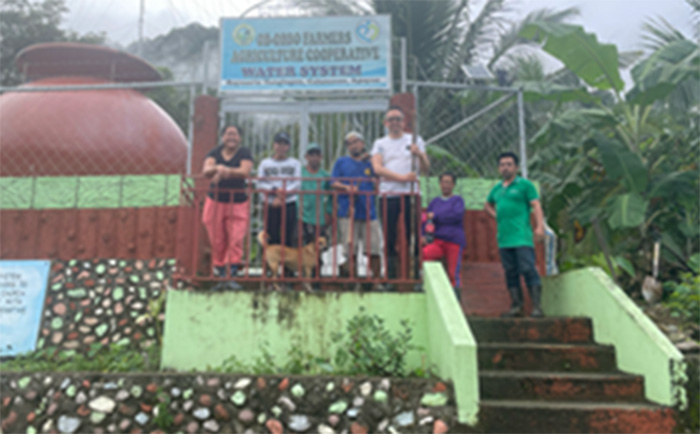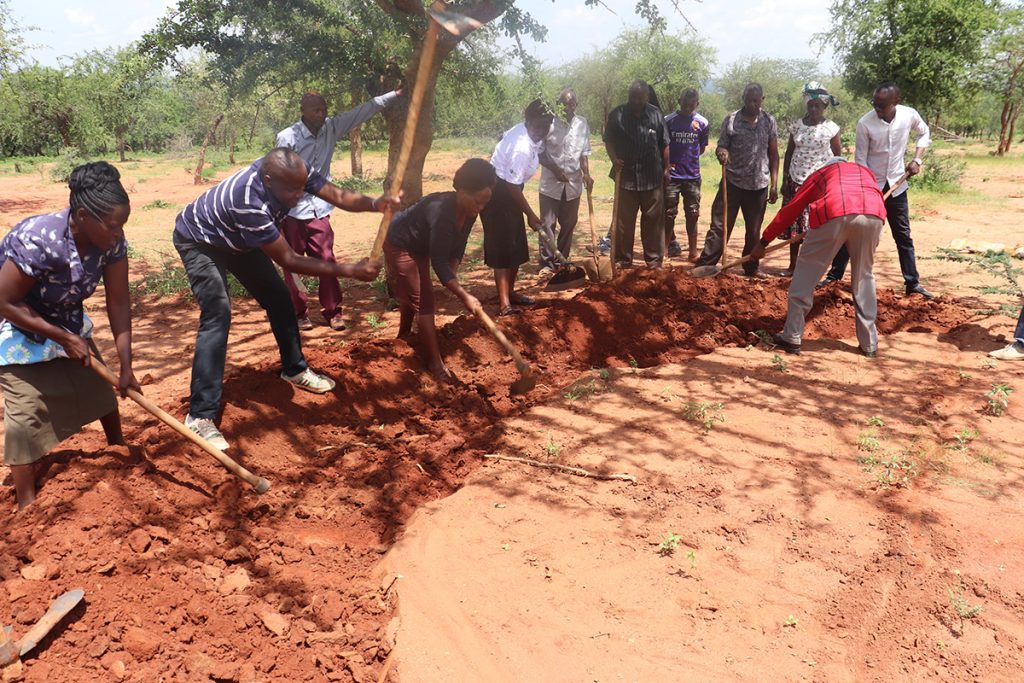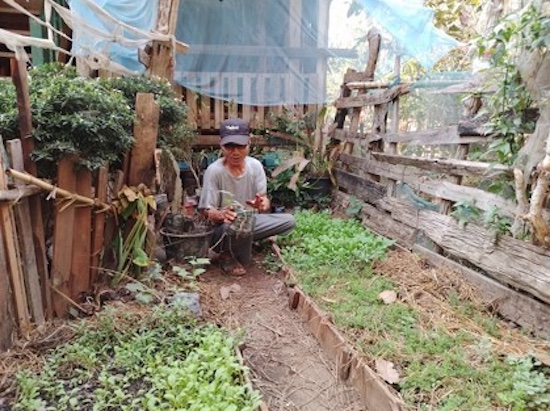Episcopal Church in the Philippines (ECP)
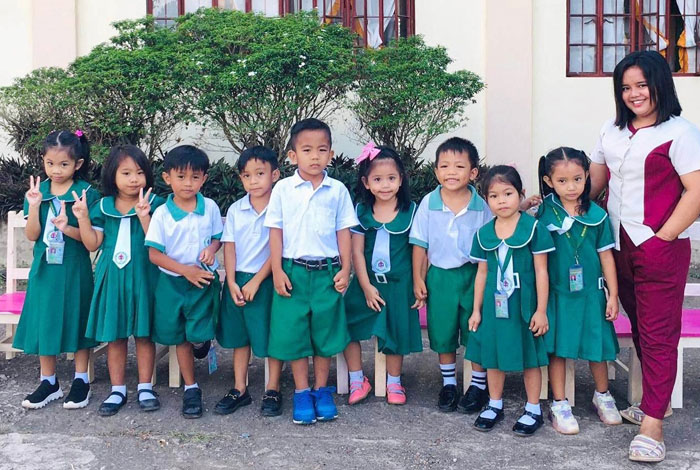
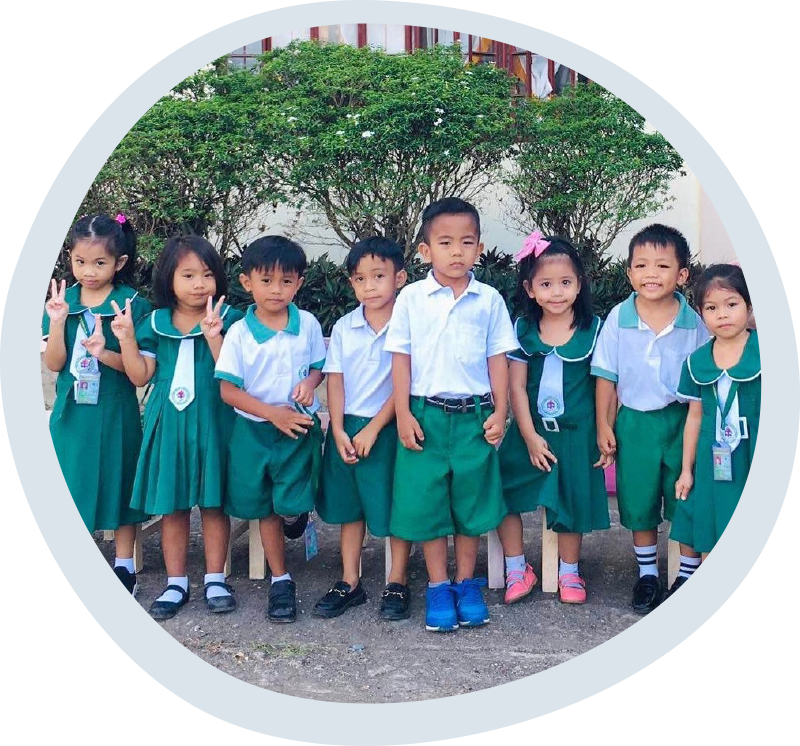
The Philippines
The Republic of the Philippines is a tropical archipelago of more than 7000 islands, the largest being Luzon and Mindanao.
These two islands are home to around 70% of the country’s population, which in 2024 was estimated to be 119 million.
Agriculture is the primary and often only source of income for many Filipinos, and most families depend on subsistence farming and fishing for their livelihoods. Illiteracy, unemployment and the incidence of poverty are higher among indigenous peoples, women, landless workers, and small-scale farmers who cultivate land received through agrarian reform.
There is widespread poverty in rural areas, largely due to a lack of resources and a decline in the productivity and profitability of small-scale farming, as well as unsustainable practices that have led to deforestation and depleted fishing waters. The plight of poor people in rural areas is exacerbated by having little access to productive assets and business opportunities, formal employment, and microfinance services and affordable credit.
Our Partners
ABM AID partners with the Episcopal Church in the Philippines (ECP), and particularly with its E-CARE (Episcopal Community Action for Renewal and Empowerment) Foundation. The mission of E-CARE is to support self-reliant and sharing communities through asset-based community development (ABCD) and the ‘Receivers to Givers’ policy.
We also partner with the ECP Diocese of Santiago, located partly in Isabela and partly in Mountain Province in Luzon.
The Work We Support
1. Enhancing Primary School Education in Isabela
To meet the great demand for education in the Philippines’ Isabela Province, this exciting new project will enable the expansion of St Mark’s Children’s Learning Centre in the Episcopal Church’s Diocese of Santiago. The Centre will offer classes from Nursery to Grade 7 (currently offering Nursery to Grade 2), increasing by one grade each year. As Diocesan Bishop Frenzel Ray Piluden said when he visited ABM late last year:
“We have asked for help from ABM AID to build a two-storey building housing eight classrooms on the site of our existing Children’s Learning Centre.
We plan by the end of 2028 to have all the elementary school grades, up to and including Grade 7. …[E]ach year we plan to build an additional classroom for the following year’s students.
“We are also establishing a Campus Endowment Fund to sustain the school for years to come.”
This Fund, to be supplemented by school fees, will enable the Diocese of Santiago to pay its teachers at the rate required by the Government (currently the teachers are being paid below the usual rate).
The Diocese will also conduct a strategic review of the Episcopal Diocese of Santiago Children’s Learning Centre in general and especially of St. Mark’s Campus to produce a 10-year plan to cover the school’s development over that time.
2. Livelihoods Recovery after the Pandemic
Of this vital work, our partner, E-CARE says: “[We] hope to enable communities to be more sustainable, resilient, climate responsive and have a development framework that is Christian values-based. This is E-CARE’s response to the lessons and insights brought about by the pandemic and how to utilise the opportunities and potentials of this new normal.
“For [this] the third year, E-CARE will do a major focus on Creation Care, especially in light of the heavy damage that the Philippines incurred in the past year due to El Nino phenomenon and the expected La Nina that will follow. The Department of Agriculture reported that the dry spell has caused around Philippine Peso (PhP) 9.5 billion (about AUD260 million) in damage to the agriculture sector and that Niño’s wrath has affected 175,063 farmers and fisherfolk and devastated 163,694 hectares of agricultural land.
“The weather bureau (PAG-ASA) predicts that La Niña phenomenon will arrive during the months of July, August, and September and continue on to the first quarter of 2025. This will trigger above-normal rainfall and more typhoons.
“Major activities [for 2025] will include: Water Harvesting Systems to maximize the incoming La Niña; Tree Ecosystems Development which is an improvement of our ongoing tree planting activities; Plastic Waste Utilization; and a continuation of the Solarization project.”
Your gift to AID’s Sustainable Communities work ensures the Episcopal Church in the Philippines continues to release many in the Philippines from crippling cycles of poverty through sustainable livelihoods that empower families and uplift communities and greater educational opportunities for children.
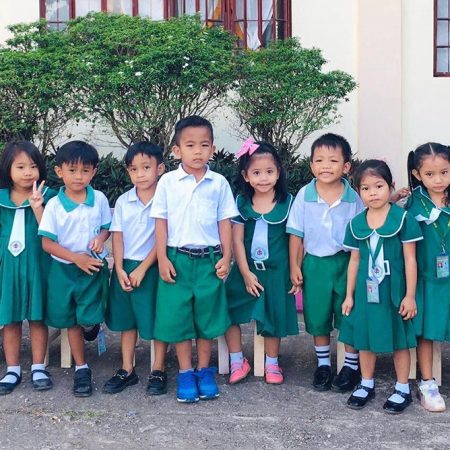
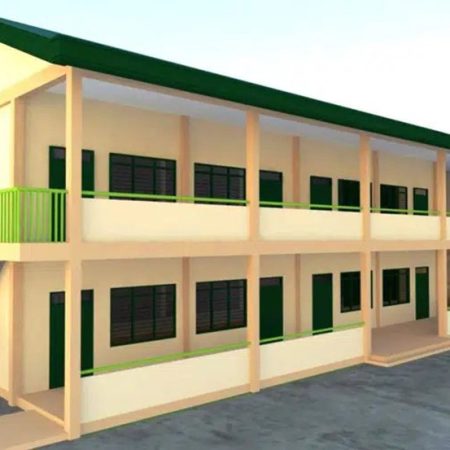
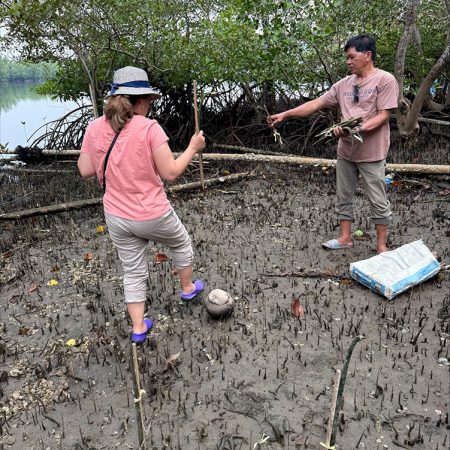
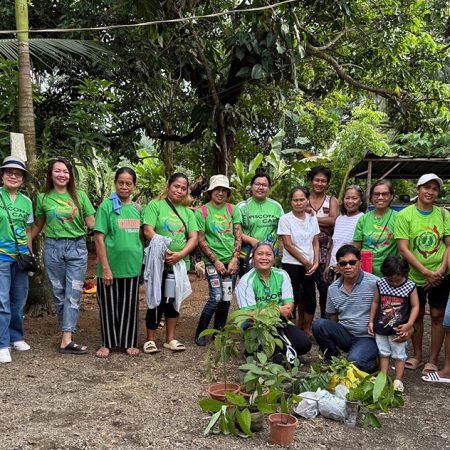
Prayer
for our Partner
Thanks be to you, O Holy One, for the expansion of St Mark’s Children’s Learning Centre in the Diocese of Santiago. May all that is done there be to the benefit of the community’s children.
We thank you too for the Creation Care work being undertaken through E-CARE. May the installation of water harvesting systems, the development of tree ecosystems, the utilisation of plastic waste and the continuation of the solarisation work all be successful.
Let the collaboration between ABM AID and the Diocese of Santiago, as well as the work with E-CARE, go from strength to strength.
Amen.
We hope to raise
$120,000
for this partner
Donation code: XG011
Tax-deductible
Donate Online Now
Your gift to AID’s Sustainable Communities work ensures the Episcopal Church in the Philippines continues to release many in the Philippines from crippling cycles of poverty through sustainable livelihoods that empower families and uplift communities and greater educational opportunities for children.
Click here for other donation options
Need help? Call us 1300 302 663
As noted, this is a tax-deductible project. All donations are in Australian dollars (AUD) and all gifts of $2 or more are tax-deductible. Gifts are received by the trustee for the ‘Anglicans in Development Ltd’ ABN 86 647 293 481 Gifts will be applied to the support of projects selected. In the unlikely event of projects being oversubscribed or not proceeding to completion, donations will be applied to similar projects.
Updates
E-CARE’s 2024 evaluation across 67 communities finds thriving water systems, farming and food processing
In the Philippines, E-CARE’s Capacity Enhancement Program in 2019-2022 aimed to boost the organisational and financial management of community-based organisations, enabling organisation members to build economic resilience and intensify values of caring and sharing. Overall, more than 1900 community members across 67 communities in the Philippines had gained economic and social benefits from ECARE’s program.
AID’s Partners Take Seriously the Fifth Mark of Mission
As the Season of Creation approaches, you can read how AID’s partners in Kenya, the Philippines, Myanmar and the Solomon Islands are caring for creation in their parts of the world.
AID’s partners boost environmental awareness and disaster resilience in the Asia-Pacific and Africa
Read about the amazing work being done by ABM AID’s partners in raising environmental awareness and supporting communities to prepare for disasters.
